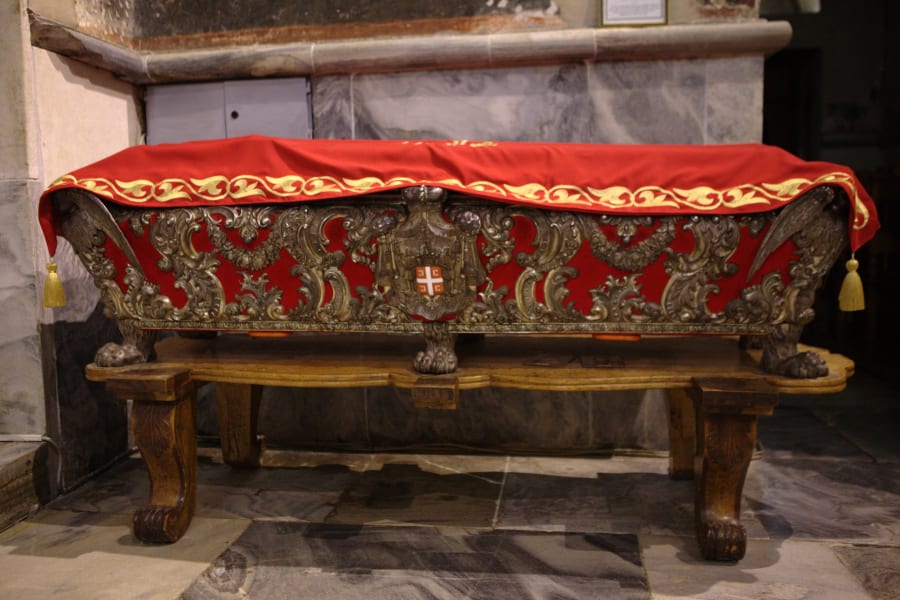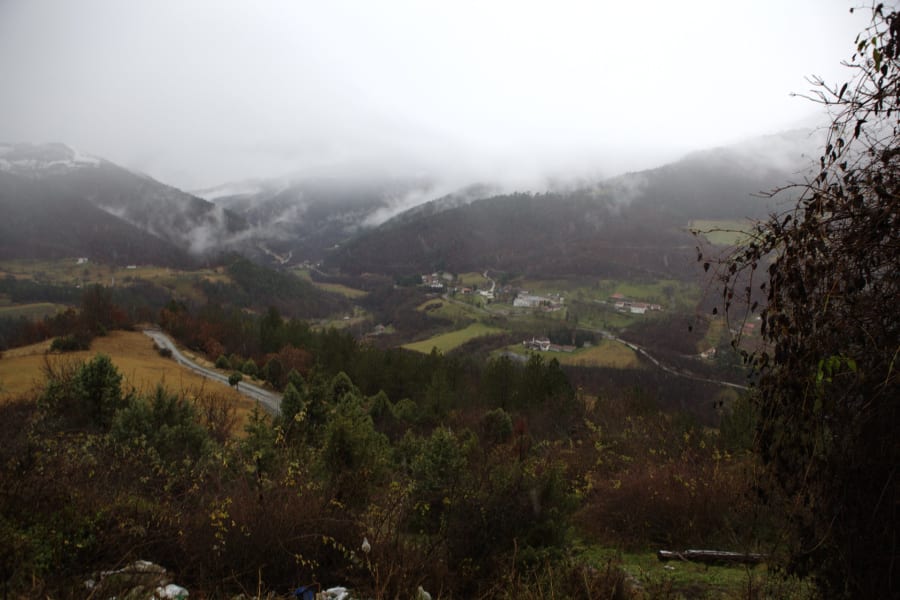Share


1 of 9
Having spent most of his life in exile, Crown Prince Alexander of Serbia, pictured with his wife Crown Princess Katherine, is now living in Belgrade. CARL DE SOUZA/AFP/Getty Images/file
The crown prince was born in Suite 212 of London's famous Claridge's Hotel in 1945. Then British Prime Minister Winston Churchill had temporarily designated the suite Yugoslav territory so that the baby prince could retain his right to the throne -- Alexander's family had fled the Balkan country in 1941 to escape the Nazis and had lived in Britain since World War II. Andrew H. Walker/Getty Images/file
Crown Prince Alexander visited Belgrade for the first time in 1991. Ten years later, he returned in the city after the Serbian government decided to give him and his family the right to use two Belgrade palaces. Kael Alford/Getty Images/file
Crown Prince Alexander and Crown Princess Katherine have today a strictly ceremonial role. On Saturday, they celebrated the Patron Saint Day of the Royal Family -- St. Andrew the First. For most of his life, the crown prince could never enjoy this day of religious devotion in his homeland. "It's even more meaningful doing it at home, very much so," he says. CNN
Since his return in 2001, Crown Prince Alexander has enjoyed the feast of St. Andrew as an open, inter faith celebration, a turning point for Serbian history.
The Serbian Orthodox religion is closely bound to the country's identity. At the heart of this is the Studenica Monastery in southern Serbia, the largest and richest of Serbia's Orthodox monasteries. CNN
Established in the late 12th century, the monastery is renowned for its Byzantine paintings. CNN
It also contains the remains of the first Serbian kings. CNN
Curator Zoran Matic says the monastery is a spiritual sanctuary for the people of Serbia. "During the centuries, Studenica had a great importance for keeping Serbs in unity." CNN
















